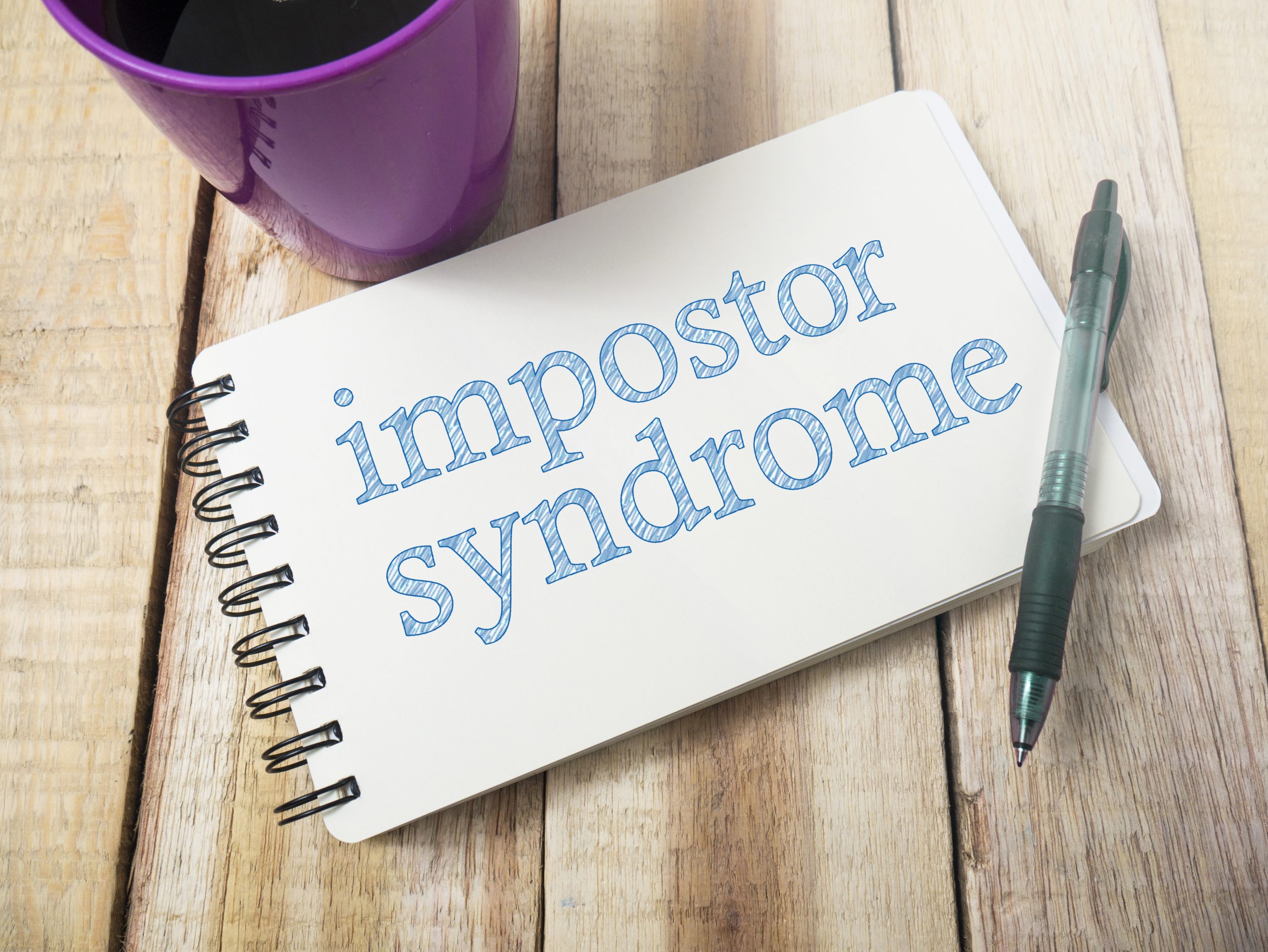“If I can do it, anyone can.” “It’s just because they like me.” “I was lucky this time, but what about next time?”
The impostor phenomenon, more commonly known as the impostor syndrome, is well known to millions of high achievers — and to those who could be were it not for lack of confidence.
Every day, perfectly capable people drop out of school, take jobs far below their abilities and aspirations and allow long-held creative or entrepreneurial dreams to wither all in an attempt to avoid that which Mike Myers famously dubbed, “the no-talent police.”
These are of course the extreme cases.
Most people with impostor feelings don’t give up or give in. Instead, they press on in spite of the persistent self-doubt to get the degree, advance in their field and achieve success, and sometimes — like Kate Winslet, “Saturday Night Live’s” Jason Sedeikis, Batman movies producer Michael Uslan and others — spectacularly so.
Still, the anxiety of waiting for the other shoe to drop remains.
However, there is another far less frequently told impostor story. This one has to do with a parallel secret that exists within every “impostor.”
When psychologists at Wake Forest University found that sometimes people who “say” they feel like frauds are secretly more confident than they let on. The researchers came to this conclusion by asking undergraduate students to predict how well they thought they would do on a test on intellectual and social skills.
When students were told their predictions would be made anonymously, those who scored high for impostor feelings and those who scored low both thought they had a good chance of doing well. But, when students with strong impostor scores knew their test results would be seen by someone else they tended to lower their self-assessments.
If you don’t think you can live up to other people’s expectations then it makes sense you’d try to protect yourself by minimizing expectations. So you decide that it’s better to play small than to risk humiliation. Plus, you get extra points for being modest — especially if you’re female.
However, rather than conclude as these researchers did, that such people are in effect phony phonies, I believe that what we are really seeing is the other side of impostorism.
Namely, that buried under all the debris of fear and self-doubt is the certain knowledge that you are infinitely capable. You’ll even probably smile when I tell you that leadership expert Manfred F. R. Kets de Vries describes the impostor syndrome as “the flip side of giftedness.”
What these findings of private self-confidence and public self-doubt really reflect is the competing voices of self-judgment. After she went public with her worry that, “People are going to realize that I’m a great fraud and it’ll end…” the popular MSNBC host Rachel Maddow added, “A part of me feels this way every day.”
Notice not all of her feels like a fraud. Rather a part of her does.
The same is true for all impostors. On the one hand, you feel as if you’ve somehow managed to slip through the system undetected and that it’s just a matter of time before you’re found out.
But there is another part of you, however small and inconsistent, that secretly knows you are accomplished, you are competent and that you really can do anything you set your mind to.
Both are real. It’s just that until now you’ve let the self-doubting impostor side of story get the best of you.
Just like the subjects in this study, when you know that your abilities — and therefore “you” — will be measured and judged, then you begin second-guessing yourself. And when you do, your louder, more insistent impostor storyline muscles its way in demanding to know, “Who do you think you are?”
Linus, the gifted child in Peanuts, once said, “I am burdened by a great potential.” And so are you. You’ve spent years explaining away your success. But not anymore.
Because now you know there is a flip side of the impostor syndrome. Namely, your fear of being inadequate pales in comparison to your fear of being extraordinary. Once you allow the truth of this to sink in, you’ll understand you are no fraud. And never were.
This article first appeared in the Huffington Post
You are welcome to reprint this post with the bio below.



